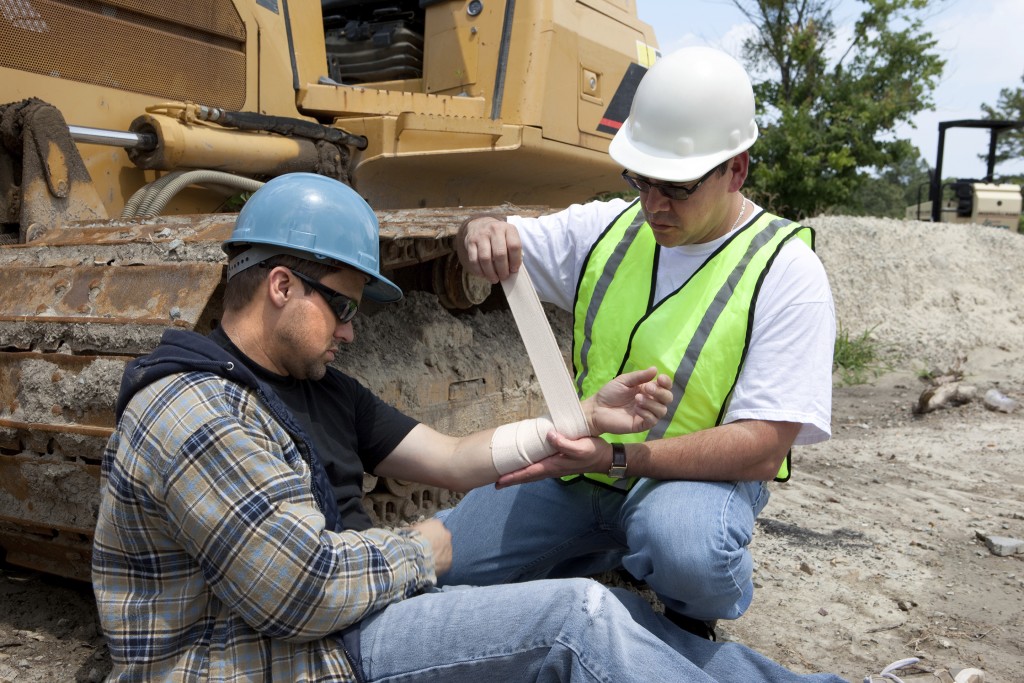For some workers, an on-the-job fatality or injury is a common occurrence. Police officers
Below are the six most dangerous jobs in the U.S., according to Bankrate.com. Some of the occupations on the list may surprise you.
1. Fishing. Fishers have, on average, the most dangerous jobs in the U.S. Malfunctioning equipment, harsh weather, and transportation accidents all factor into the fact that those in the fishing industry require safe working environments and practices. Fatality rate: 127.3 per 100,000 workers
2. Logging workers. Safety hazards abound when you’re logging outside with heavy machinery, inclement weather, and occasional high altitudes.
Fatality rate: 104 per 100,000 workers
3. Pilots. Major airline pilots have low job fatality rates, but for charter and air taxi pilots, the work is much more risky. Human error is the No. 1 cause of deaths for airplane pilots, according to the U.S. Federal Aviation Administration.
Fatality rate: 56.1 per 100,000 workers
4. Trash collectors. The high number of trash collector deaths can be attributed partly to impatient drivers, who try to pass stopped garbage trucks and end up hitting collectors.
Fatality rate: 36.4 per 100,000 workers
5. Roofers. Falls are the leading culprit in fatal injuries for roofers. Other nonfatal injuries, such as broken bones, make roofing among the most injury-prone jobs.
Fatality rate: 34.1 per 100,000 workers
6. Steel workers. Structural iron and steel workers install iron or steel beams and use cranes to lift the beams. They have one of the highest rates of injuries of all occupations.
Fatality rate: 30.3 per 100,000 workers
Have You Been Injured On-The-Job in Texas?
Unlike most states, Texas employers are not required to carry workers’ compensation insurance. This creates confusion for an injured worker who is seeking compensation for their medical expenses and lost wages.
Texas workers’ comp law is complicated, and the claim process goes far beyond filling out a form following a workplace accident. Some employers have workers’ compensation coverage, while others choose non subscriber benefit plans. However, there are companies who choose to operate without insurance altogether.
You need an attorney at your side to walk you through the complicated claim process and obtain the benefits you are entitled to by law.






